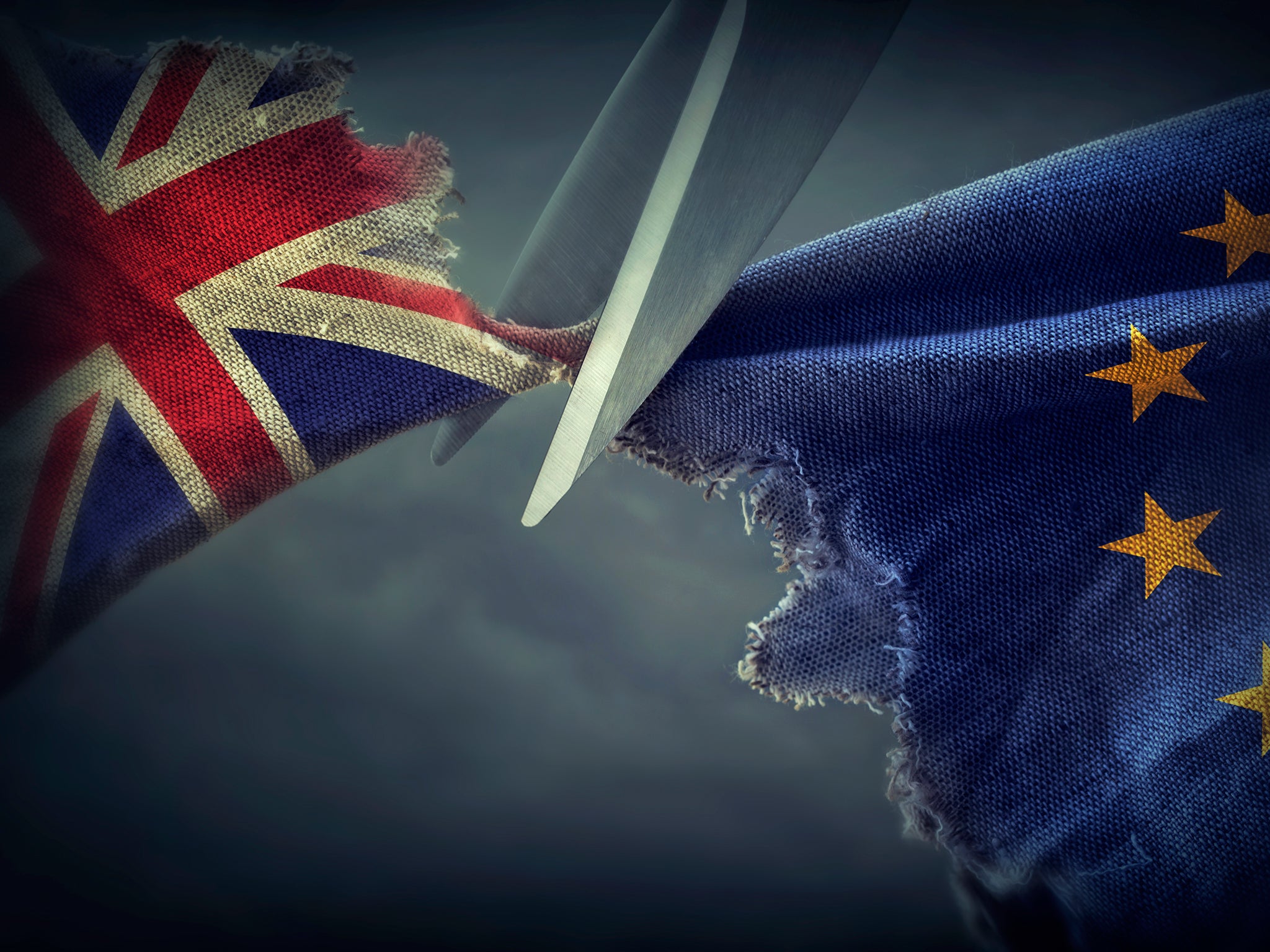How much is the government spending on Brexit?
Analysis: Britain doesn’t leave the EU until 29 March but, says political correspondent Benjamin Kentish, the country is already counting the financial cost


Brexit is taking up the vast majority of the government’s focus as the clock ticks down to Britain’s withdrawal from the EU on 29 March.
Whitehall departments have been ordered to put non-essential work on hold and the parliamentary decks have been cleared for MPs to debate the matter.
But what about the financial cost?
The 2016 Leave vote was a huge upheaval for the government and meant many of the state’s resources had to be turned towards enacting the decision.
Ministers have set aside billions of pounds to prepare the country for the task.
This includes paying for all of the preparations needed for Britain’s withdrawal from the EU, plus contingency planning for the possibility of a no-deal outcome.
In total, the Treasury says it has allocated £4.2bn for Brexit preparations since 2016. £2.2bn has already been spent, while a further £2bn will be distributed in the 2019-20 financial year.
This is in addition to the £39bn divorce bill that the UK will pay the EU when it leaves.
Even if a Brexit deal is finalised, there is a significant amount of work needed to get Britain ready for life outside the EU.
Staff have been recruited to help implement this, both in Whitehall and around the country, including at the UK’s borders. Officials have said that around 10,000 additional workers have been hired to help deliver Brexit, with up to another 10,000 still to come.
Then there are the preparations being made for the possibility of a no-deal Brexit – an outcome ministers insist is unlikely to become a reality.
Last month, the cabinet decided to start spending the £2bn emergency fund that the Treasury had set aside for no-deal planning as Brexit nears. This forms part of the total £4.2bn of funding.
The bulk of the money is going to Her Majesty’s Revenue and Customs (HMRC), the Department for Environment, Food and Rural Affairs, and the Department for Business, Enterprise and Industrial Strategy.
As part of the preparations, £108m will go towards chartering ferries to help reduce congestion at the Port of Dover in the event of a no-deal Brexit. Controversially, this includes £13.8m given to what Chris Grayling, the transport secretary, described as a “start-up business” that does not own any ferries.
The Department of Health has also chartered a plane to bring medical isotopes to the UK from Holland in the absence of a Brexit deal.
And the government is buying up fridges to stockpile medicines in case supply chains are disrupted by a no-deal outcome.
While the sums being spent on Brexit seem significant, the total amounts to only about 2 per cent of total government spending.
However, the direct cost of Brexit is likely to be dwarfed by the wider economic impact. Official forecasts suggest the consequences for the economy will be significant even if Britain leaves the EU with an agreement, while no-deal would be disastrous, seeing the value of the pound plummet as inflation and interest rates soared.
Got an unanswered question about Brexit? Send it to editor@independent.co.uk and we’ll do our best to supply an answer in our Brexit Explained series
Join our commenting forum
Join thought-provoking conversations, follow other Independent readers and see their replies
Comments